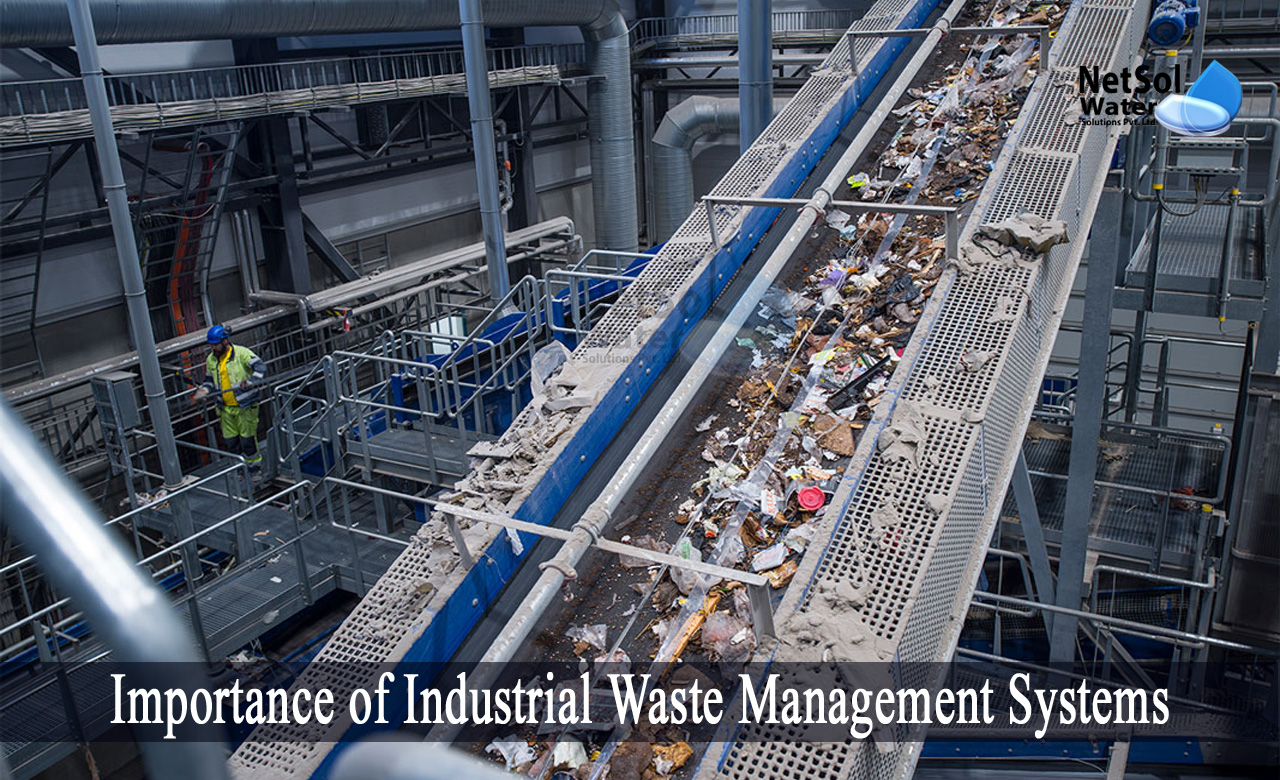What Does Reclaim Waste Do?
What Does Reclaim Waste Do?
Blog Article
The Definitive Guide for Reclaim Waste
Table of ContentsUnknown Facts About Reclaim WasteSome Ideas on Reclaim Waste You Should KnowWhat Does Reclaim Waste Do?Reclaim Waste Fundamentals ExplainedThe Best Strategy To Use For Reclaim Waste
Explore the kinds, incidents, and forms of fluid waste. Domestic sewer waste refers to the waste and items from a property septic system. This kind of waste is produced by people in residences, institutions, and other structures. This only consists of septic storage tanks that have a drain area. The proper administration and disposal of domestic sewage waste need fluid waste to be transferred to a sewer treatment plant where the correct techniques and tools are put on purify and throw away waste.
Industrial waste frequently consists of possible hazards, such as flammable products or a mix of liquid and solid waste items, and calls for a more sophisticated and detailed disposal process. The disposal of industrial waste commonly involves the filtering of waste prior to transport to make sure safe and proper disposal. Hazardous waste is produced from by-products and drainage of industrial procedures and manufacturing.
This sort of waste can not use the same sewage administration transport or procedures as septic or industrial fluids. The hazardous waste administration procedure calls for the inspection and testing of fluid waste before it undertakes the disposal process (liquid waste disposal melbourne). Runoff waste is the liquid waste that comes from runoff and excess stormwater in highly booming locations or cities
Runoff waste can cause contamination and flooding if not managed properly. Find out more regarding drain cleansing and waste monitoring. Guaranteeing appropriate waste administration can protect against calamities and lower ecological damage. Both individuals in residential setups and experts in industrial or production sectors can gain from comprehending the procedures and policies of liquid waste monitoring.
The smart Trick of Reclaim Waste That Nobody is Discussing
Contact PROS Solutions today to discover our waste monitoring and disposal services and the appropriate ways to take care of the fluid waste you generate.
(https://medium.com/@leonaube33101/about)Do you recognize what takes place to your water when you disengage, purge the toilet or drain pipes the washing machine? No? Well, it's worth knowing. This supposed 'wastewater' is not just a vital source but, after treatment, will certainly be released to our land, rivers or the sea. Utilized water from bathrooms, showers, bathrooms, kitchen area sinks, washings and industrial procedures is known as wastewater.

water used to cool down equipment or clean plant and tools). Stormwater, a form of wastewater, is drainage that flows from farming and urban locations such as roofings, parks, gardens, roadways, paths and gutters right into stormwater drains, after rainfall. Stormwater moves unattended directly to regional creeks or rivers, at some point reaching the ocean.
The Single Strategy To Use For Reclaim Waste
In Queensland, most wastewater is treated at sewage treatment plants. Wastewater is moved from residential or industrial websites through a system of sewers and pump stations, understood as sewage reticulation, to a sewage treatment plant. City governments construct, preserve and operate most sewage treatment plants. Operators are licensed under the Environmental Security Act 1994 to discharge treated wastewater at an acceptable ecological criterion right into rivers.
The Department of Natural Resources recommends city governments about managing, operating and maintaining sewage systems and therapy plants. In unsewered locations, regional governments may call for householders to mount private or home sewage therapy systems to treat domestic wastewater from commodes, cooking areas, washrooms and laundries. The Department of Natural Resources authorizes making use of home systems when they are proven to be reliable.
In some new class, therapy of some stormwater to remove litter, sand and crushed rock has started making use of gross pollutant catches. Wastewater treatment takes place in four stages: Eliminates strong matter.
Makes use of tiny living organisms recognizes as micro-organisms to break down and remove staying liquified wastes and great particles. Micro-organisms and wastes are integrated in the sludge.
Some Ideas on Reclaim Waste You Need To Know
Nutrient removal is not offered at all sewage therapy plants due to the fact that it calls for costly specialist equipment. Clear liquid effluent generated after therapy may still include disease-causing micro-organisms - liquid waste disposal.

This typically implies wastewater has to be dealt with or pollutants removed prior to it can be released to waterways. Most wastewater moves right into the sewerage system. Under the Act, city governments provide approvals and permits for ecologically appropriate tasks (Periods) including wastewater launches that may have a regional influence. The division administers authorizations and permits to ERAs entailing wastewater launches that may have a regional or statewide influence.
4 Easy Facts About Reclaim Waste Described
Or else, samples are considered research laboratory evaluation. Commonly many examinations are needed to develop the levels of each of the various pollutants such as oils, heavy metals and chemicals in water. Surveillance offers accurate info concerning water quality and can confirm that licence problems are being satisfied. The details obtained with surveillance gives the basis for making water quality decisions.
Report this page